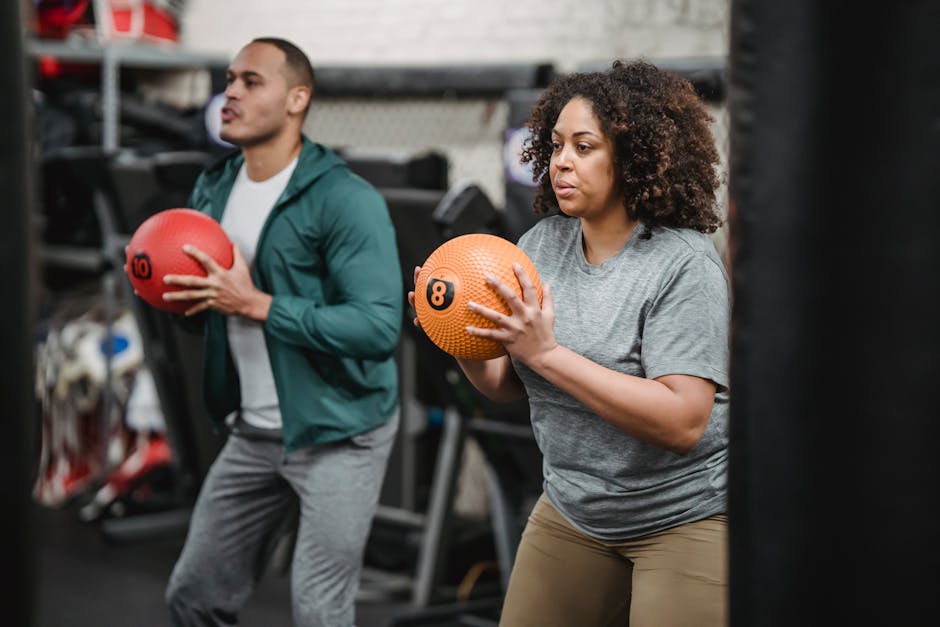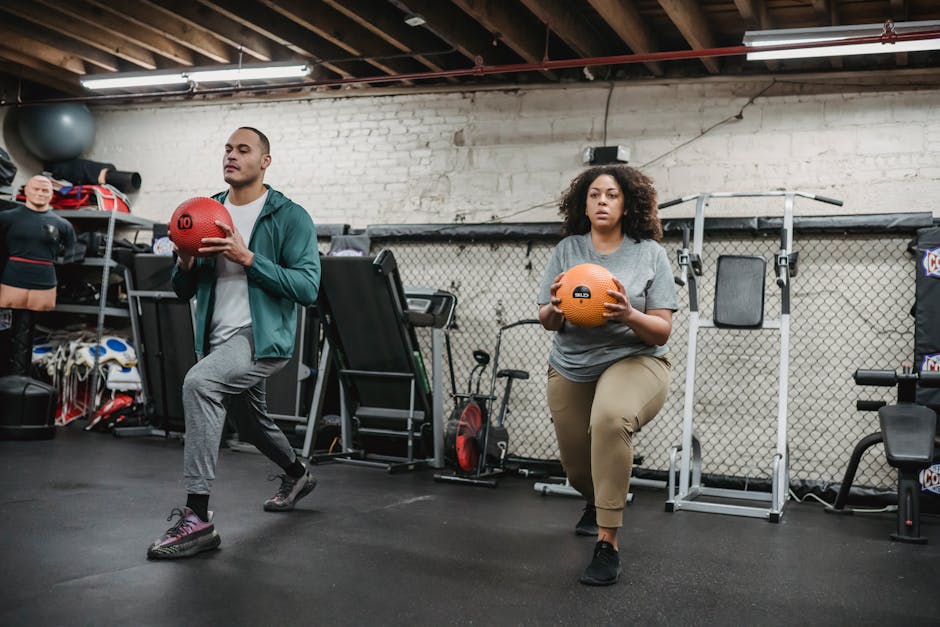Life Coaching For Young Men
As we already mentioned, coaching is a powerful tool that can have profound effects on your life. A professional coach will help you work through difficult situations by looking at things from a neutral perspective. This takes away most of the emotion attached to the situation, which allows you to see things more clearly.
Life coaches are not doctors, but they do have special training in psychology. Therefore, they know how to use psychology for motivation, self-awareness, and goal setting. They also have knowledge about different theories such as motivational theory or cognitive theory.
Having a coach helps you look beyond the present moment and gives you strategies for moving forward with your life. He or she will be there for you every step of the way!
Many people gain benefits from counseling, including career counselors, psychologists, and other types of coaches. However, only some learn enough to call themselves trained professionals. That’s why this article will focus exclusively on what it means to be a life coach.
What makes someone qualify as a life coach?
There is no official certification for being a life coach, so it depends on who you trust. Most agree that anyone can train to be a good coach though. Here are some of the basics that everyone should have.
You must possess a degree or certificate (or proof) of successful completion of the coaching program. This could include a masters degree in counselling, business administration, or education, among others.
Who should do life coaching?

As mentioned before, there is no one specific type of person who can effectively coach others. Only they can determine if you are in need of help changing something or not. Therefore, it is up to you to identify if a professional coach would be helpful for your personal needs.
Some ways to determine this include looking at yourself, reading books about self-help strategies, talking to people around you that are successful, and asking those who have already received help what worked for them.
If you are interested in improving your own life and helping other people achieve their goals, then start exploring different types of coaches! There are many options outside of having a psychologist work with you.
These professionals focus more on relationships, socializing, and communication as areas to improve upon. Some offer online counseling services so you don’t even need to visit a physical location to get help.
What challenges do life coaches face?

As mentioned earlier, being a successful life coach comes with its own set of obstacles. One of the biggest is time. Like any other profession, life coaching requires enough resources to keep you busy. Funding for your career can be difficult at times due to lack of income.
In addition to that, there’s always something new to learn- which can feel like an overwhelming amount of information. Luckily, though, we are sharing our knowledge freely! You are not only getting good quality education about this field, but you get to contribute to the community as well.
How can life coaches help you?

As mentioned earlier, professional development through education or training is a great way to hone your skills as a leader. However, there are many other ways that experienced professionals offer their services to others. This is how life coaching fits in.
A life coach is not a psychologist or psychiatrist, but they have something very similar. They use structured conversations to promote personal growth and wellness for individuals. The term “life” was added because these discussions go beyond just yourself and your work.
Life coaching helps people develop leadership skills and increase self-confidence. It also provides an opportunity to discuss issues that may be affecting your performance at work and home.
There are two main types of coaches who specialise in this area. Executive coaches focus on developing leadership qualities within you so that you can lead a team of employees. Career coaches help you with finding and changing jobs or positions that match your lifestyle and career goals.
What are the different types of life coaching?

As mentioned before, professional coaches have a degree or certification that proves they have completed training in their field. However, not all self-help books contain enough information for you to pick up some great tips from them.
That is where life coaching comes into play. With life coaching, however, what you get is not just knowledge but also guidance and support with applying this new skill.
A life coach can be someone who works with you one-on-one or as part of a group setting. They can be either paid or volunteer depending on whether there is a reward (such as learning) or incentive (like having a team of peers) for working with the coach.
There are three main types of life coaching: career counseling, motivational speaking, and spiritual advising. All three help you identify your strengths and weaknesses, find motivation, and look at ways to improve your overall health and happiness.
This article will talk about how to use life coaching to help you develop leadership skills, strengthen relationships, and increase productivity. But first, let’s take a closer look at each type of coaching!
The term “life coach” was coined in 1980 when Tony Robbins asked his friend Jim Collins if he needed a life coach. At the time, both men were very successful — Robbins had made billions as an entrepreneur and investor while serving as chairman of Time Magazine; Collins helped found Fortune magazine and later became its publisher and editor-in-chief.
Who are some famous life coaches?

Another well-known coach is Tony Gonzalez, most known for his work with professional football players. He has been called one of the top 10 motivational speakers in the world!
Gonzalez is an excellent example of a life coaching expert. As he has proven through his career, you can always learn something new from someone else’s experiences.
By listening to what other successful people have done, you can pick out their secrets to success. You will also find that there is no one way to be successful – each person has their own special style that works for them.
That is why it is so important to evaluate whether or not this individual has left you feeling like you were walking uphill both ways. If they have, then you have paid attention to the signs and know where to look for more guidance.
Life coaching comes down to helping you identify your strengths and weaknesses, giving you the tools to improve yourself.
How can I start life coaching?

Starting a career as a professional life coach isn’t like picking up a new job that pays well. It takes longer than two months to find your feet as a coach, which is why most coaches have a few years under their belts before they call themselves “professionals.”
But with those caveats, there are some things you can do to launch yourself into the world of life coaching as soon as possible!
You can begin by offering your services to friends and family. Or better yet, create an online profile where people can hire you to help them improve their personal relationships or gain insight into areas of their lives they’ve been struggling to work through.
By creating a free account at Coachtoolbox.com, for example, you’ll be able to offer your services starting right now! The same goes for other popular sites like Pearlinecoach.net and BecomingACoach.com, both of which let you get started in life coaching without making any money.
Disclaimer: This article contains links to these products or services. At no time did we receive incentive or payment for mentioning these programs. We may earn a small commission if you purchase something, but our recommendation is always to buy from the source directly. For more information, check out our disclosure policy.
What should I say to a life coach?

As mentioned before, career coaches are not licensed professionals so you should be extra careful what you ask of them. Make sure that you understand their scope of services and what kind of results they can provide for you.
Most professional career coaches have at least a bachelor’s degree or higher- this includes things such as psychology, business, sociology and more. They may also hold certification credentials from organizations like The National Career Development Association (NCDA) or the International Coach Federation (ICF).
The ICF is an organization which certifies individuals as Professional Certified Executive Coaches (PCEc), but only if they meet certain requirements. Just making a call about your job hunt isn’t going to get you very far!
Another important thing to look into is whether this individual has his or her own money invested in strategies and products that he or she uses to help clients succeed. You want to make sure that you are being coached by someone with solid fundamentals who doesn’t waste others’ money too.
Lastly, it’s extremely helpful to know some basic vocabulary related to coaching. This will help you to better articulate your concerns and questions to him or her. Some terms include: goal setting, motivation, communication, leadership, etc.
What should I tell my friends about my life coach?

As mentioned before, having a life coaching session with someone is not like going to a counselor or psychologist. A professional therapist has at least Masters degree training in psychology, if not a doctorate. A professional counseling service will be longer than an hour and there are usually fees for each visit.
A personal life coach doesn’t have these requirements. However, that isn’t to say they don’t enjoy their work or aren’t successful at what they do!
Clients typically spend one-on-one time with your life coach so it is important to believe them when they say they are working hard and effectively.
It can sometimes feel uncomfortable talking about yourself and your feelings but this person is trying to help you achieve your goals. Having a conversation about your life may bring up things you've been avoiding, but only for good.







